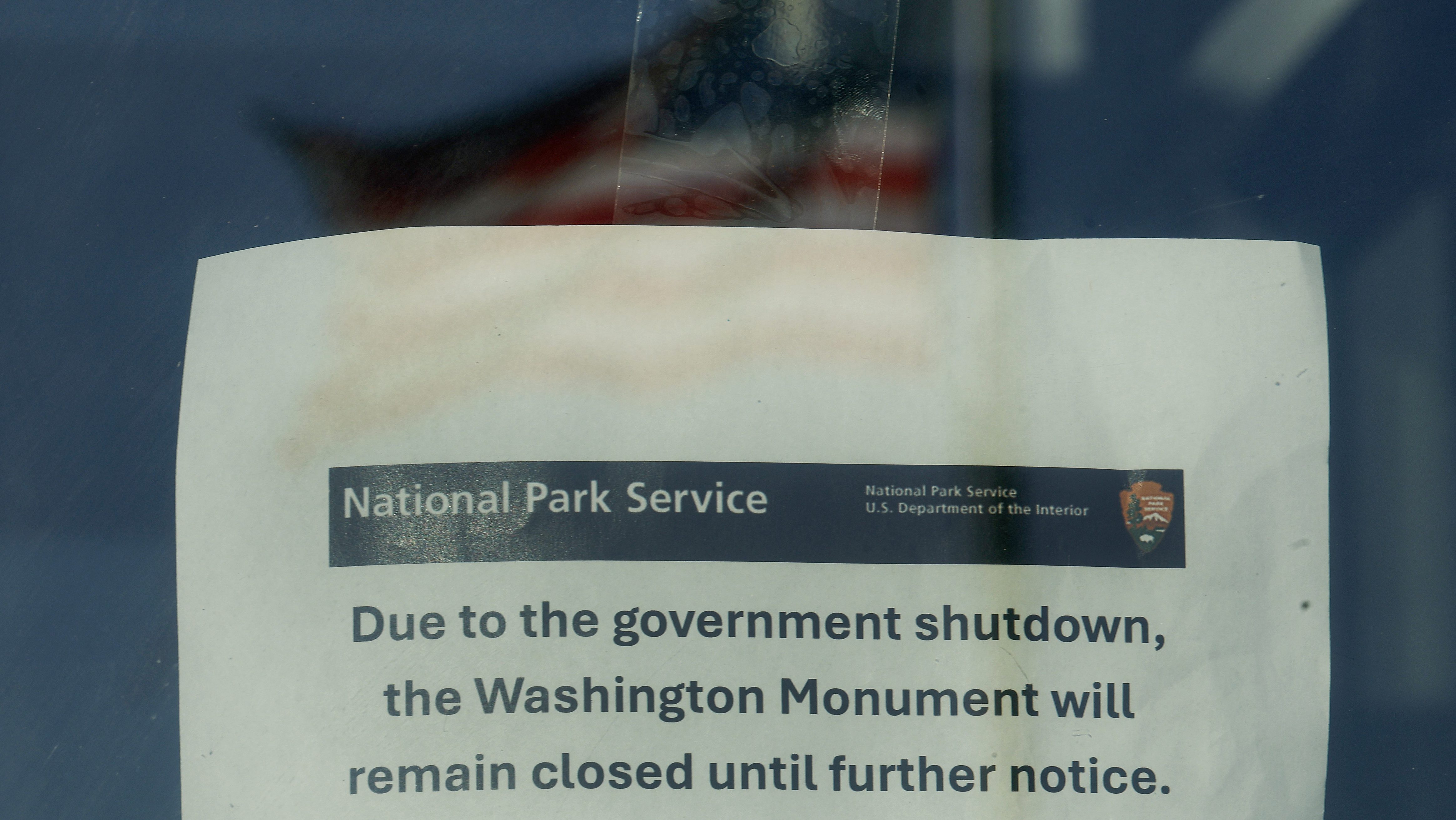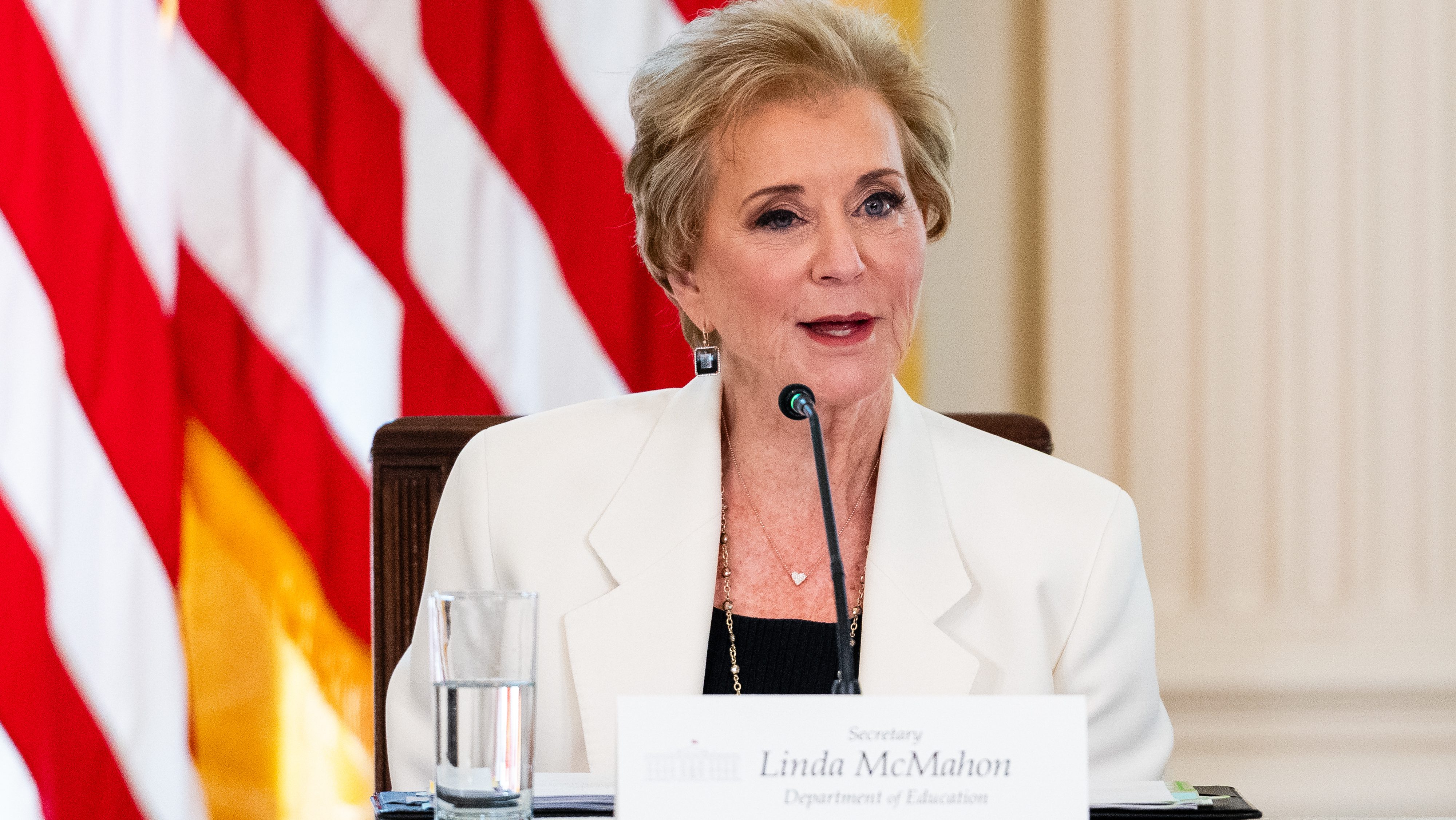Hopes for a quick end to the government shutdown faded Friday as Democrats refused to budge in a Senate vote and President Donald Trump readied plans to unleash layoffs and cuts across the federal government.
On the third day of the shutdown, another Senate vote to advance a Republican bill that would reopen the government failed on a 54-44 tally — well short of the 60 needed to end a filibuster and pass the legislation. Meanwhile, House Speaker Mike Johnson announced that the chamber would close for legislative business next week, a move meant to force the Senate to work with the government funding bill that has been passed by House Republicans.
Following the failed vote, senators quickly headed for the exits of the Capitol, expecting no more votes over the weekend and showing few signs of any real progress towards ending the congressional standoff. Instead, both sides dug in for a prolonged shutdown fight that thrusts federal workers into more uncertainty, threatens to ripple into the broader economy and gives the Trump administration an opportunity to reshape the federal government.
“I don’t know how many times you’re going to give them a chance to vote no,” Senate Majority Leader John Thune said at a news conference Friday. After the vote, he said he was flying home to South Dakota for the weekend, adding, “I’ll be available.”
The vote showed hardening lines in the Senate. The same three members of the Democratic Caucus — Sens. Catherine Cortez Masto, John Fetterman and Angus King — who voted for the funding bill previously did so again, and Sen. Rand Paul of Kentucky was once again the only Republican opposed.
“They thought they could bludgeon us and threaten us and scare us. It ain’t working,” said Senate Democratic leader Chuck Schumer.
Democrats are demanding that Congress extend healthcare benefits, while Republicans are refusing to commit to anything until the government is reopened. They are trying to wear Democrats down to vote for a House-passed bill that would reopen the government temporarily, mostly at current spending levels.
Although Republicans control the White House and both chambers of Congress, the Senate’s filibuster rules make it necessary for the government funding legislation to gain support from at least 60 of the 100 senators. That’s given Democrats a rare opportunity to use their 47 Senate seats to hold out in exchange for policy concessions. The party has chosen to rally on the issue of health care, believing it could be key to their path back to power in Washington.
Their primary demand is that Congress extend tax credits that were boosted during the COVID-19 pandemic for health care plans offered under marketplaces set up under the Affordable Care Act, former President Barack Obama’s signature health care law.
“Everyone is about to experience dramatically increased premiums, co-pays and deductibles because of the Republican health care crisis. Everyone,” warned House Democratic leader Hakeem Jeffries during a news conference Friday.
The shutdown gamble
Democrats are running the high-risk strategy of effectively voting for a government shutdown to make their stand. Trump has vowed to make it as painful as possible for them.
The Republican president has called the government funding lapse an “unprecedented opportunity” to make vast cuts to federal agencies and potentially lay off federal workers, rather than the typical practice of furloughing them. Trump shared a social media video Thursday night that depicted White House budget director Russ Vought as a grim reaper.
Vought has already announced that he is withholding billions of dollars for infrastructure projects in states with Democratic senators, and on Friday morning, he said he would withhold another $2.1 billion for Chicago infrastructure projects to extend its train system to the city’s South Side.
Democratic leaders have displayed no signs of budging under those threats.
“The cruelty that they might unleash on everyday Americans using the pretense of a shutdown is only going to backfire against them,” Jeffries said during an interview with The Associated Press and other outlets at the Capitol Thursday evening.
Still, the shutdown, no matter how long it lasts, could have far-reaching effects on the economy. Roughly 750,000 federal employees could be furloughed, according to the nonpartisan Congressional Budget Office, and they could lose out on $400 million in daily wages. That loss in wages until after the government reopens could drive down wider demand for goods and services.
“All around the country right now, real pain is being endured by real people because the Democrats have decided to play politics,” said House Speaker Mike Johnson on Friday.
The White House also began its press briefing on Friday by rattling off the various consequences of the shutdown that were already hitting Americans. Press secretary Karoline Leavitt discussed a report that said military families are already seeking food aid as troops go without a paycheck.
“This madness must end,” she said.
Talks in the Senate
A bipartisan group of senators, including moderate Democrats who have said they want to find a quick resolution, has been discussing possible health care compromises through one-on-one talks over the last two days. One option floated by South Dakota Sen. Mike Rounds, a Republican, would extend the higher subsidies for one year and then phase them out to pre-pandemic levels.
Thune acknowledged those conversations on Friday, telling reporters, “Honestly, I think the more productive conversations are happening outside of the leader’s office at the moment.”
Thune and Schumer later spoke briefly on the Senate floor. The Republican leader expressed some openness to talks on the ACA subsidies, but insisted “we can’t get to that conversation until we get the government back into place.”
A number of Republicans have voiced support for extending the subsidies. Their expiration would cause significant increases in health care premiums for plenty of people in states with GOP senators — especially in rural areas where farmers, ranchers and small business owners purchase their own health insurance.
Still, it was unclear if they would be able to find a solution that could appease the White House and Republican leaders, who want to see cuts to the subsidies. Thune also said he wasn’t sure if a compromise would have the votes to pass.
Johnson, a Louisiana Republican, said Friday that “more reforms are coming” to the ACA subsidies and argued that they “are not working.”
Schumer also said that he’s supportive of the informal talks, but “unfortunately, last night,” Democrats returned from the discussions and said Republicans didn’t offer them anything.
“You need Trump to get it done,” he said.
___
Associated Press writers Lisa Mascaro, Kevin Freking and Joey Cappelletti contributed.

Want more insights? Join Working Title - our career elevating newsletter and get the future of work delivered weekly.



